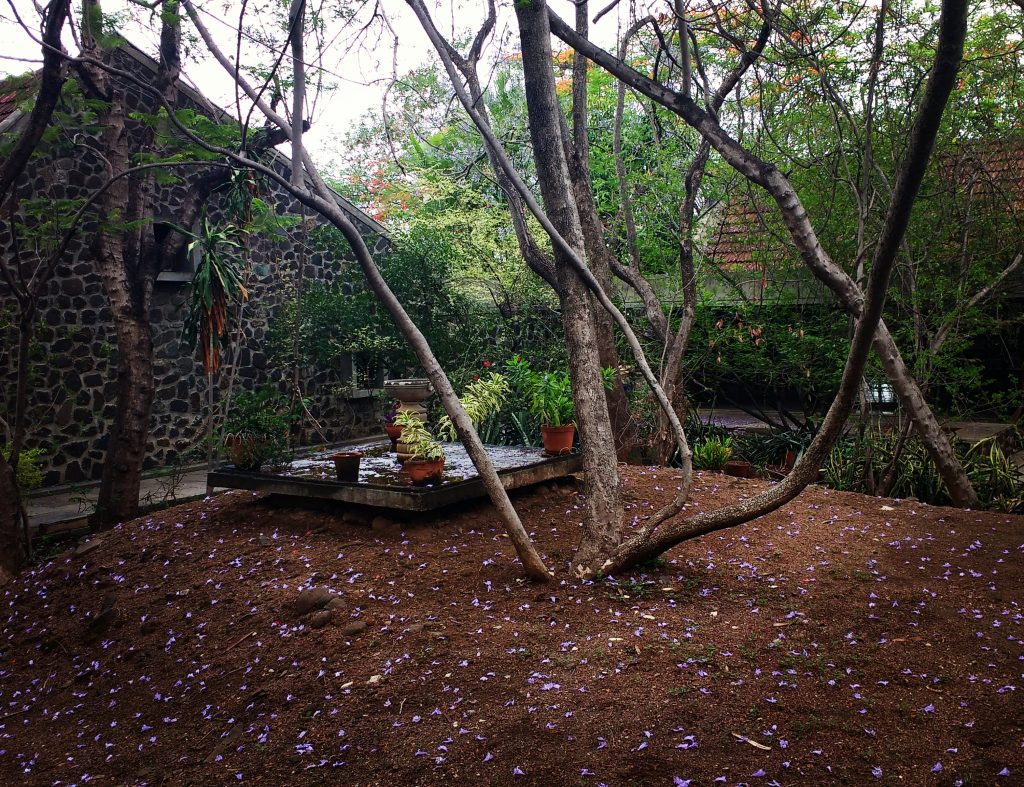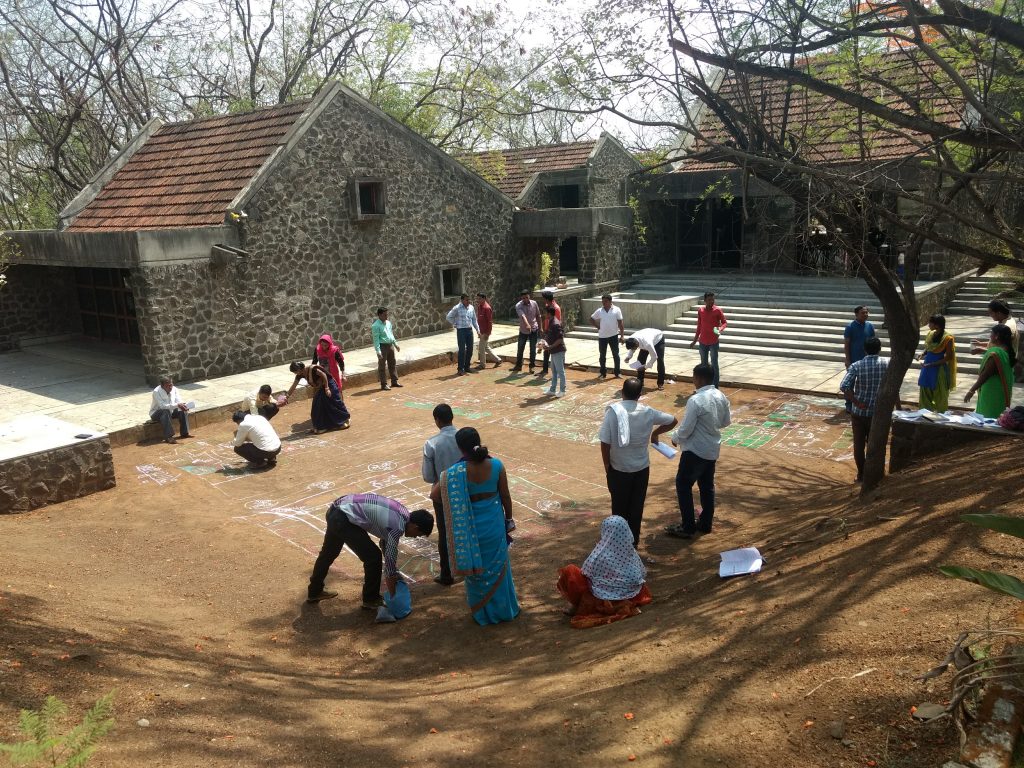Background
CDSA began its activities in 1976 when planning meant physical town planning and management meant commercial management. CDSA was and remains the pioneer institution which proposes that learning must be field based, in micro-contexts and using local institutions which are self-organized and self-managed. CDSA has always proposed a rational balance between the roles of government and private entities and remains the only social science research institute in South-Central Asia to be independent of government finance and control.
The focus of CDSA has always been on poverty alleviation, equality and sustainable development, and how these three goals integrate into development strategies. CDSA students not only undergo a rigorous academic programme, but are also immersed in selected field exposures where sensitization, knowledge accumulation and testing hypothesis are in the “laboratory of life”. In the same vein the research, training and action projects are field-based policy experiments with the people who are undergoing transitions in the development process.


CDSA is a multi-disciplinary research and training body addressing itself to problems of poverty and environment in the development process both in rural and urban contexts. With a greater emphasis placed on decentralization, participatory decision making, Gramsabha and Wards Committees as primary statutory decision-making bodies, district level, block level and watershed planning, there is a shortage of trained professionals. SDP (School of Development and Planning) sponsored by CDSA, is concerned with filling up this gap by creating a cadre of professionals who have the skills, knowledge and sensitivities in the areas of planned change at the local level. This is a unique University level Masters Degree Course of its kind in the country. While focussing on rural and regional development, it emphasizes the inter-disciplinary nature of critical issues (social, economic, political, environmental and technical) pertaining to planning and development.
Organization
The focus of each of the constituent entities is as follows:
(i). A unique multi-disciplinary postgraduate teaching programme is the focus of the School of Development Planning (SDP) with an emphasis on creating a cadre of development professionals.
(ii). Commissioned and sponsored research projects in rural and urban development is the focus of the Institute for Sustainable Development (ISD). The institute also conducts short-term training programmes on a demand basis and organizes seminars, workshops and dialogues for NGOs and Government agencies.
(iii). With the focus on service to other entities within CDSA, the Barbara Ward Library and Documentation Centre (BWLDC) is the central repository of information. It publishes The Development Network (Quarterly), which has a membership of over 1200 NGOs. All CDSA publications are routed through the BWLDC, which is now in the process of launching a new digital library initiative.
(iv). The Executive Training Centre and Hostel (ETCH) provides
(v). Innovative approaches and methodologies in Natural Resource Management is the focus of the Wasteland Development Demonstration Farm (WDDF) at the CDSA campus in Bavdhan Khurd.
